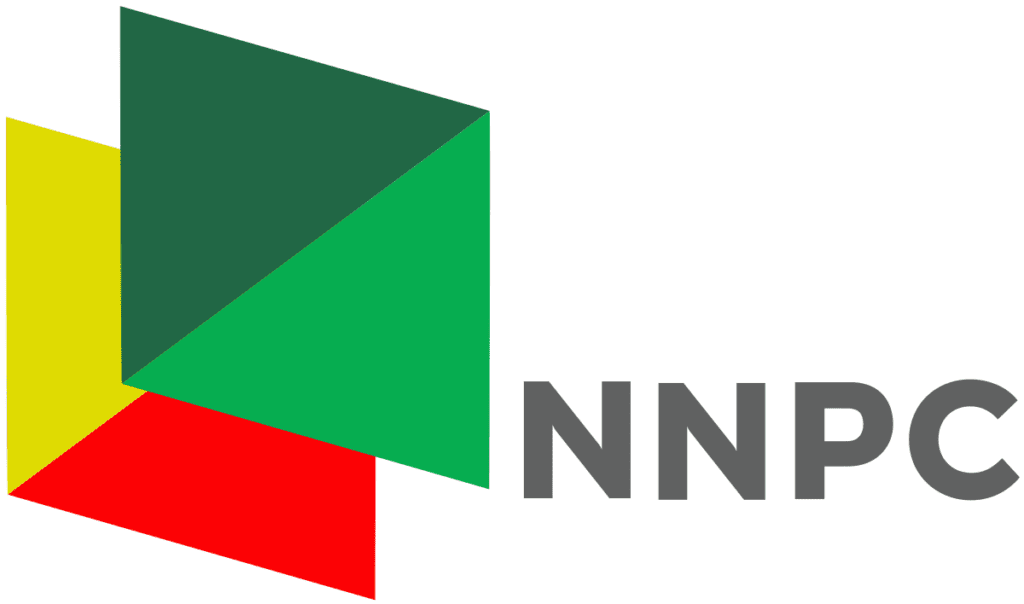The Nigerian National Petroleum Company Limited, NNPCL, has lamented the large scale vandalism that is causing economic sabotage to the nation.
The company said production of crude oil can grow beyond the OPEC allocated quarter to 3 million barrels per day if insecurity and oil theft is reduced to the barest minimum.
The Chief Corporate Communications Officer of NNPCL, Olufemi Soneye spoke while briefing journalists covering the National Assembly.
He said the political will is already being provided by President Bola Tinubu with directives to relevant security agencies to stem the tide of oil theft and pipeline vandalism which, according to him, led to increase in daily oil production from 1.4 million to 1.7milliion barrels per day.
“Three million barrels oil production per day is achievable in Nigeria if all the stakeholders work in synergy for that purpose from the security agencies both government and private owned , to oil companies and host communities.
“With expected synergy from all the relevant stakeholders on war against oil theft and pipeline vandalism,required enabling environment,would be in place for optimal oil production to the volume of 2.5 to three million barrels per day,” he said.
He earlier lamented that at a point, oil production went down to 900,000 barrels per day before the involvement of private security agencies and renewed efforts of the military.
“At that time we felt Nigeria was in trouble as far as oil theft was concerned but the intensity of war against it has allayed our fears,” he said.
In a power point presentation on the menace of crude oil theft and its impact on Nigeria’s economy, the Deputy Manager, NNPC Command and Control Centre, Murtala Muhammad, said oil theft remains a serious concern.
According to him, over 8, 000 illegal refineries and 5,800 illegal oil pipeline connections were detected and destroyed within the last six months.
He listed Bayelsa, Rivers, Imo and Abia as hot spots of the crime.

